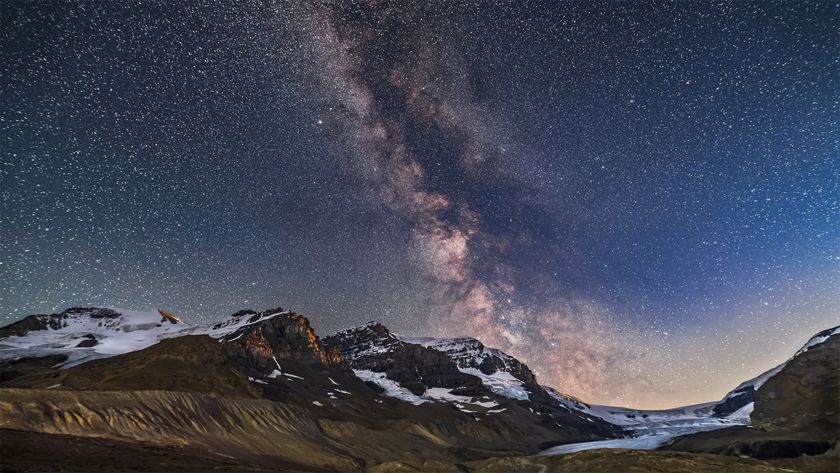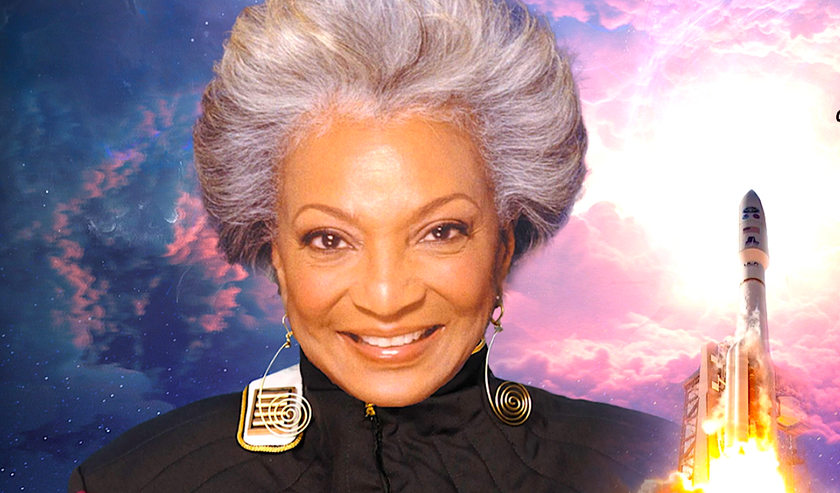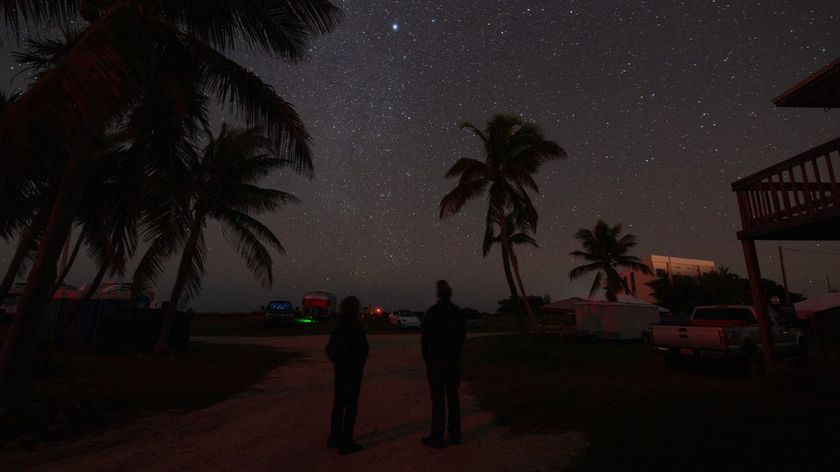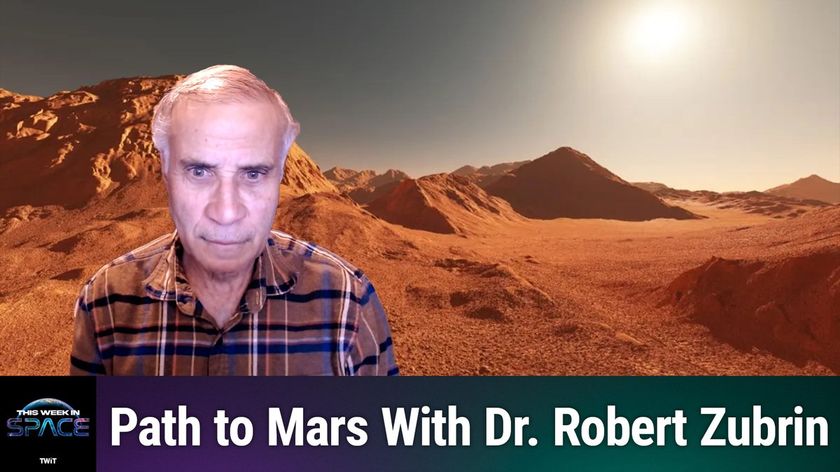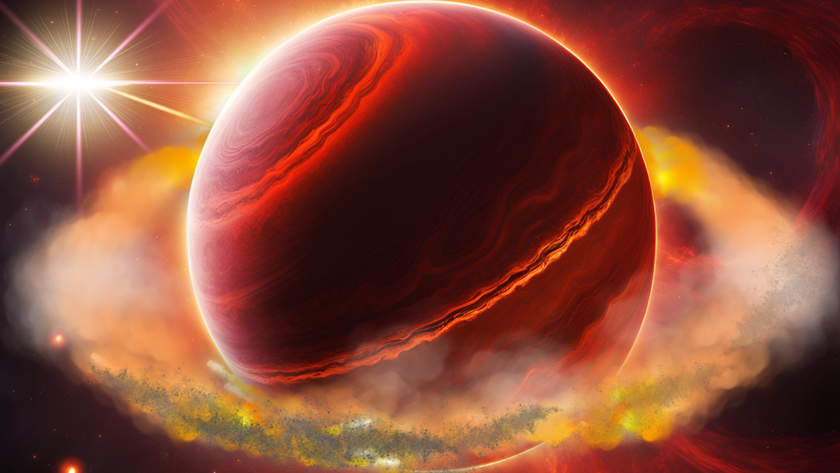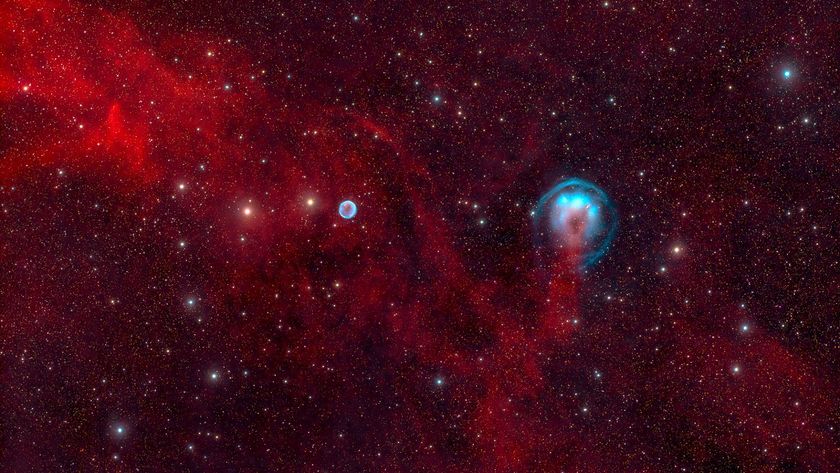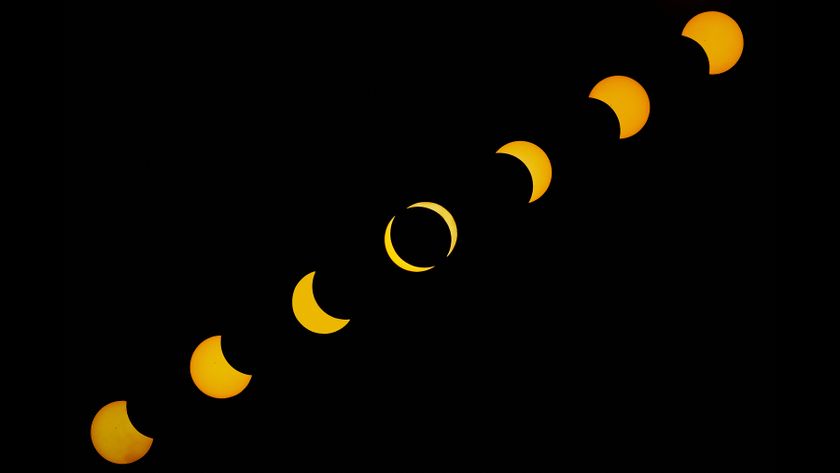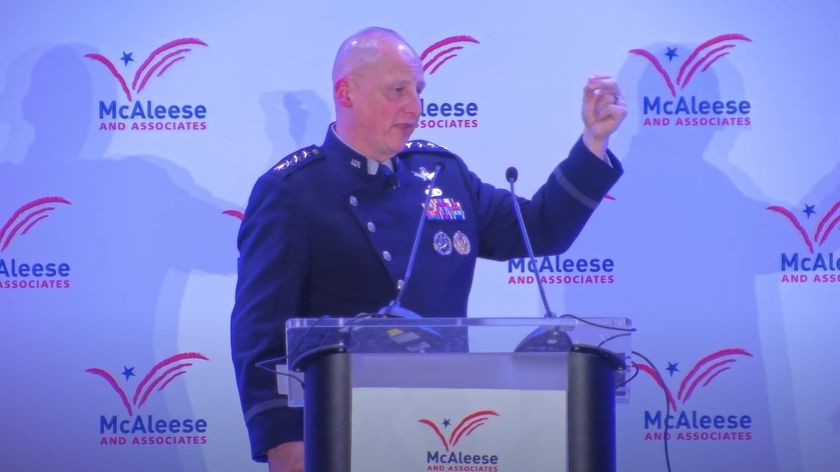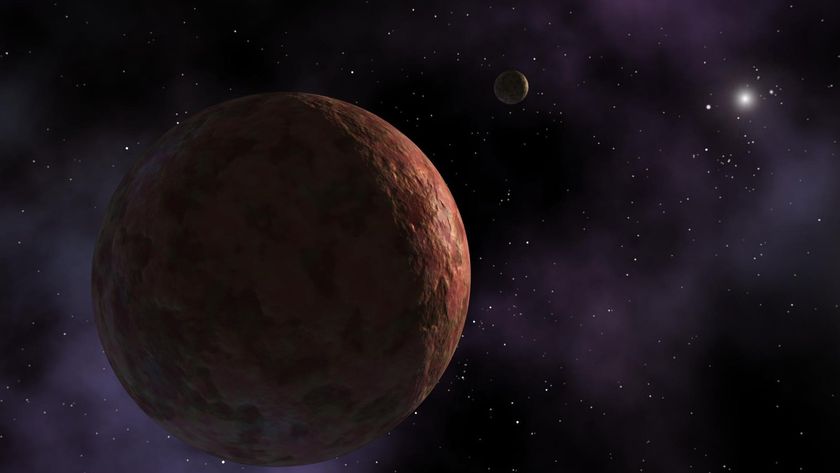Tonight's Full Moon Is a Snow Moon: How to See It Online
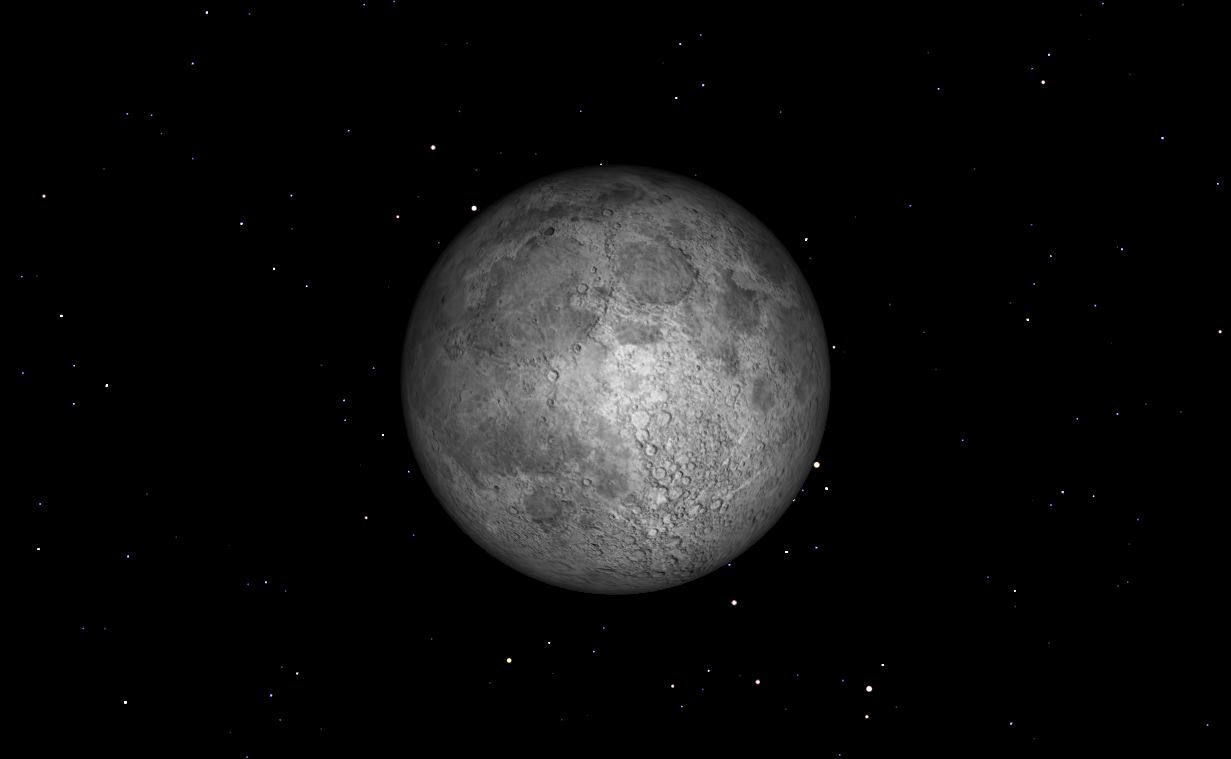
For an extra-special view of tonight's (Feb. 25) full moon, don't just look out your window — tune in to a live webcast of the sight from a telescope in the Canary Islands.
From our point of view on Earth, the moon will be directly opposite the sun and fully illuminated at 3:26 p.m. EST (2026 GMT). February's full moon is traditionally called the "Snow Moon," because the heaviest snows of the year often fall in this month in North America. Alternately, this month's moon sometimes bears the name "Full Hunger Moon," because hunting is often difficult in February and food was scarce for ancient tribes.
For more on the history of full moon nicknames, as well as the science of the moon's cycles, check out the Slooh Space Camera's live webcast today beginning at 3:30 EST. The webcast will show views from an observatory on the Spanish Canary Islands off the coast of Africa.
"Using our observatory in the Canary Islands, we will explore the Full Snow Moon, sometimes known as the Hunger Moon, with fascinating stories by astronomer Bob Berman," Slooh president Patrick Paolucci told SPACE.com.
Watch SPACE.com's full moon webcast from Slooh for free, beginning at 3:30 p.m. EST.
The online Slooh Space Camera broadcasts weekly shows highlighting the wonders of the universe. The project launched on Christmas Day of 2003.
Editor's Note: If you snap a great photo of tonight's full moon and want to share it with SPACE.com for a possible story or gallery, please send the photo and comments to spacephotos@space.com.
Get the Space.com Newsletter
Breaking space news, the latest updates on rocket launches, skywatching events and more!
You can follow SPACE.com on Twitter @Spacedotcom. We're also on Facebook & Google+.
Join our Space Forums to keep talking space on the latest missions, night sky and more! And if you have a news tip, correction or comment, let us know at: community@space.com.

Clara Moskowitz is a science and space writer who joined the Space.com team in 2008 and served as Assistant Managing Editor from 2011 to 2013. Clara has a bachelor's degree in astronomy and physics from Wesleyan University, and a graduate certificate in science writing from the University of California, Santa Cruz. She covers everything from astronomy to human spaceflight and once aced a NASTAR suborbital spaceflight training program for space missions. Clara is currently Associate Editor of Scientific American. To see her latest project is, follow Clara on Twitter.

